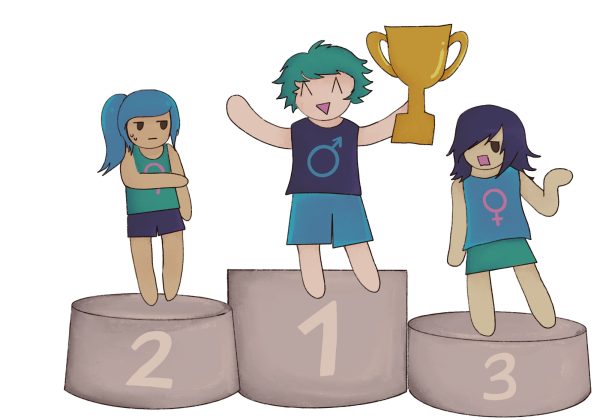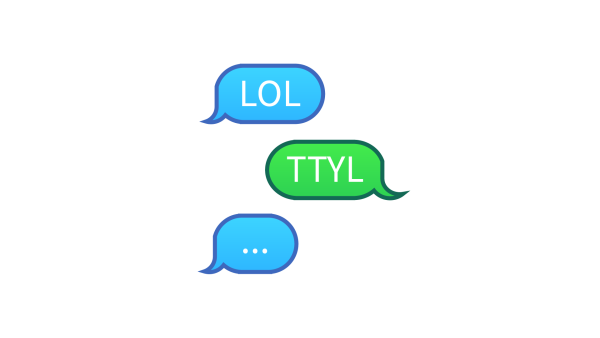Fencers lunge back into season
December 17, 2021
Personal growth. That is what Fencing Coach Edward Kaihatsu has seen in the Glenbrook fencers so far this year, whether it is improving every day in practice, becoming a better teammate, or trying something new. Kaihatsu believes that the sport of fencing can teach the fencers valuable lessons that they can use throughout the rest of their lives.
Forty students from both South and North participate in Fencing Club, Kaihatsu said. Because a portion of those members are new to fencing, Kaihatsu said he takes time to teach the basic terminology of fencing and how to score in fencing.
“There are three weapons in fencing that lead to different ways to score,” Kaihatsu said. “The epée is a point weapon, [meaning] you can score by hitting [any part of the] body. The sabre is a slash weapon, where you can [only] hit from the waist up. The foil is a point weapon and your target is only the torso of the body.”
Kaihatsu uses his past experiences, coaching fencing at the University of Pennsylvania and participating on the fencing team at the University of Illinois, to teach students that fencing is a team sport rather than an individual one.
“If you’re a bad teammate, even if you’re a star fencer, it‘s hard for you to be on a team [especially] in college because [you are participating] in all team events,” Kaihatsu said. “[Your] contribution is only so much.”
Sophomore fencer Gabriel Blumenfeld explained that Kaihatsu has helped him and the rest of Fencing Club members improve both their sportsmanship and skill since the start of their season.
“Coach Kaihatsu is always pushing us to go a little further,” Blumenfeld said. “He is always coming in during practices [and] helping us do warmups and exercises.”
While fencers compete individually in high school, Kaihatsu has seen qualities of great teammates in his fencers early on in their season. In particular, he said their willingness to help one another by practicing together during a tournament has especially shone through.
“[The fencers] are very generous and offer to help each other train when [others still] have to fence [an opponent] and [even though] they have already been eliminated, ‘’ Kaihatsu said. “I don’t have to ask them to do that, so I am really pleased with the way the team is so cooperative with each other.”
Senior team captain Sophia Gyuk said she has benefitted from the newfound stability in her fencing experience, with a steady coach and sponsor in place this year.
“We’ve had kind of a struggle with coaches and maintaining a sponsor over the past few years, [but] this year we have two amazing coaches and they really help us a lot,” Gyuk said. [Glenbrook fencing] makes me into a better person overall. I can feel myself getting stronger mentally and physically.”
Freshman sabre fencer Manuela Robles-Berthier noted that all of her tournaments this year have been individual tournaments. While Glenbrook Fencing has yet to compete as a team, Robles-Berthier said they absolutely function as one, putting in the work behind the scenes as a group, and traveling together in order to be fully prepared when tournament time comes.
“In individual tournaments you go in with your own sword, you are completely alone,” Robles-Berthier said. “But I think people should understand that fencing [is] a very difficult and tactical sport. Going in for practice we first warm up and we always do footwork [together]. We go as a team.”
Kaihastu’s work in preparing his players for a college environment will not go to waste, Robles-Berthier said. She knows that fencing is a niche sport for a niche crowd, but believes a future in fencing beyond high school is not as far-fetched as it may sound.
“[Fencing in college is] not as common as, say, American football or soccer, but they do offer scholarships,” Robles-Berthier said. “I know that there’s a lot of talent on the team and surely a lot of them will be able to get a scholarship.”
Whatever the future holds, Kaihatsu says he is confident that the culture built into Glenbrook fencing will benefit his players down the road in life.
“[Those] little moments of personal growth where that [skill] doesn’t just stay with fencing encourages them to try things and see if [they’ll] work outside of fencing,” Kaihatsu said. “They have epiphanies. Outside of fencing, they find a way to make things work.”












